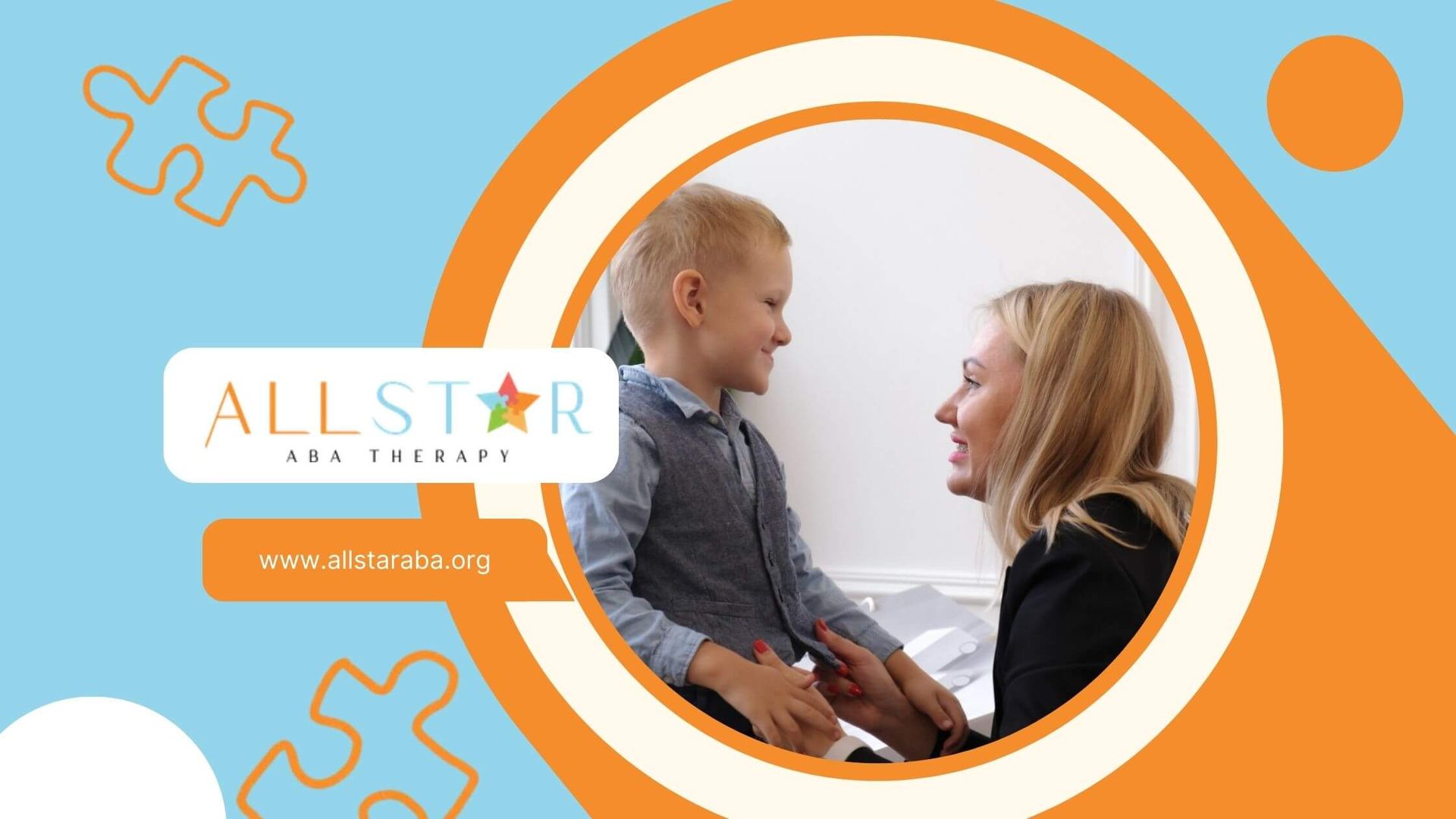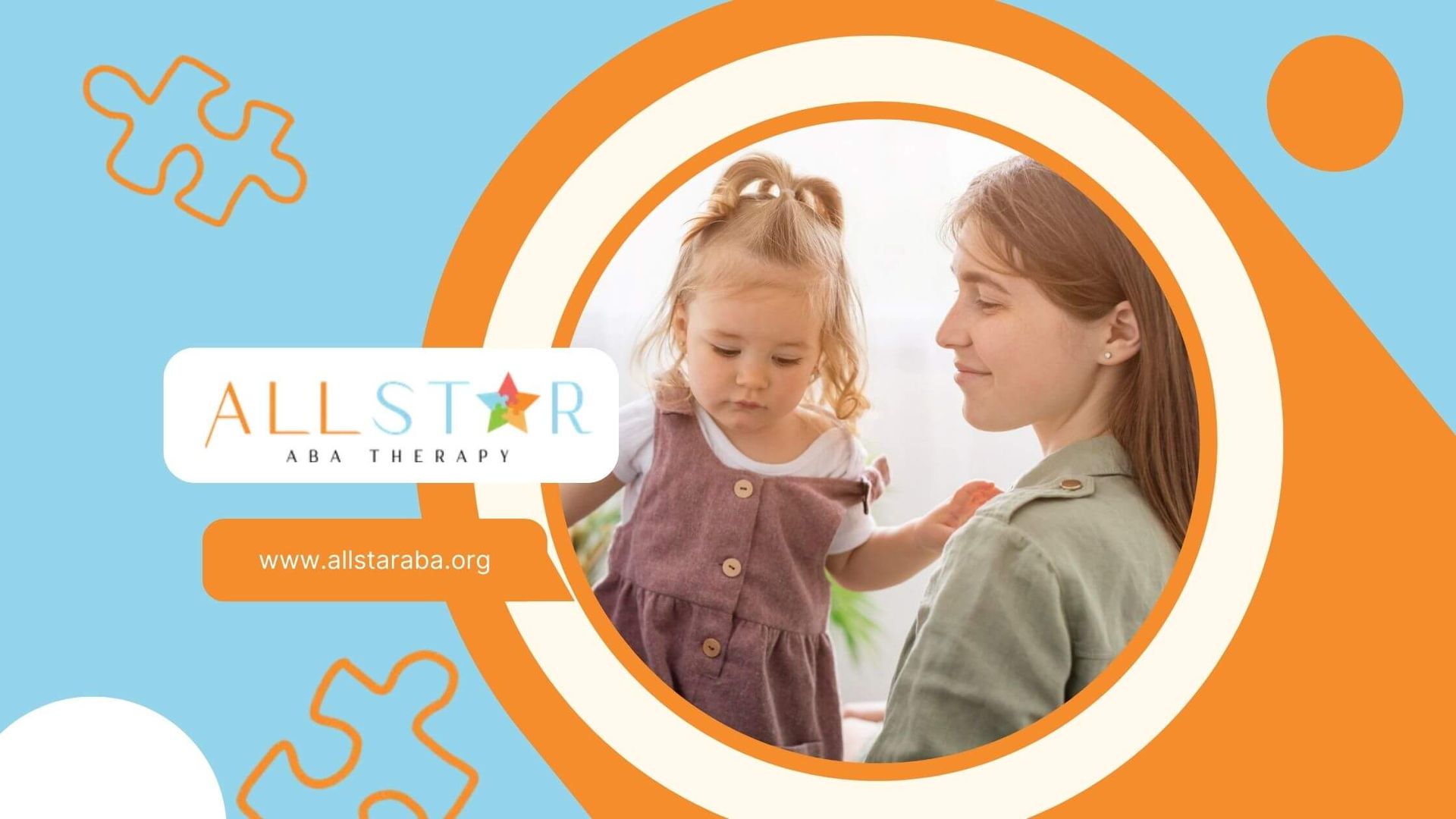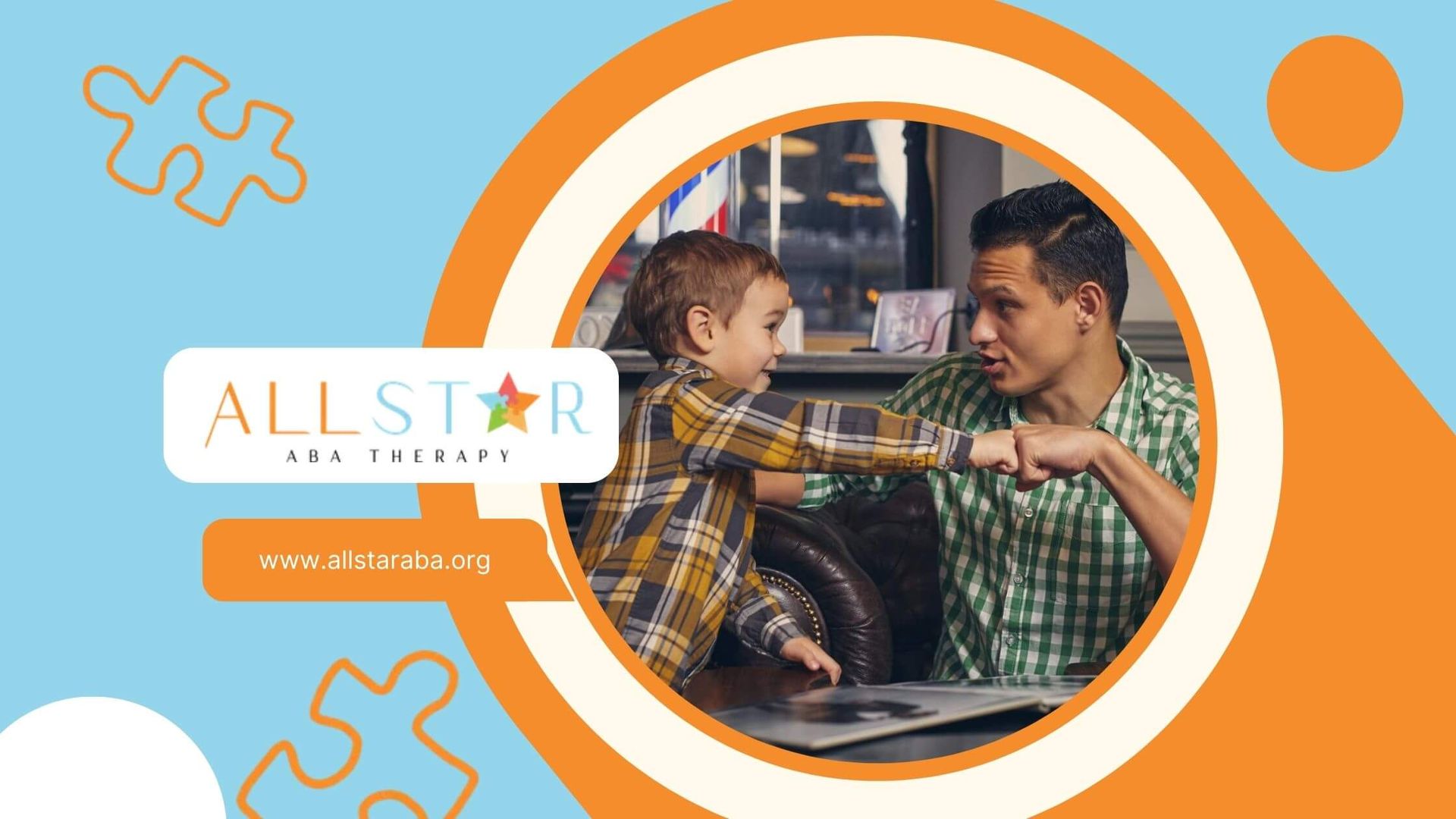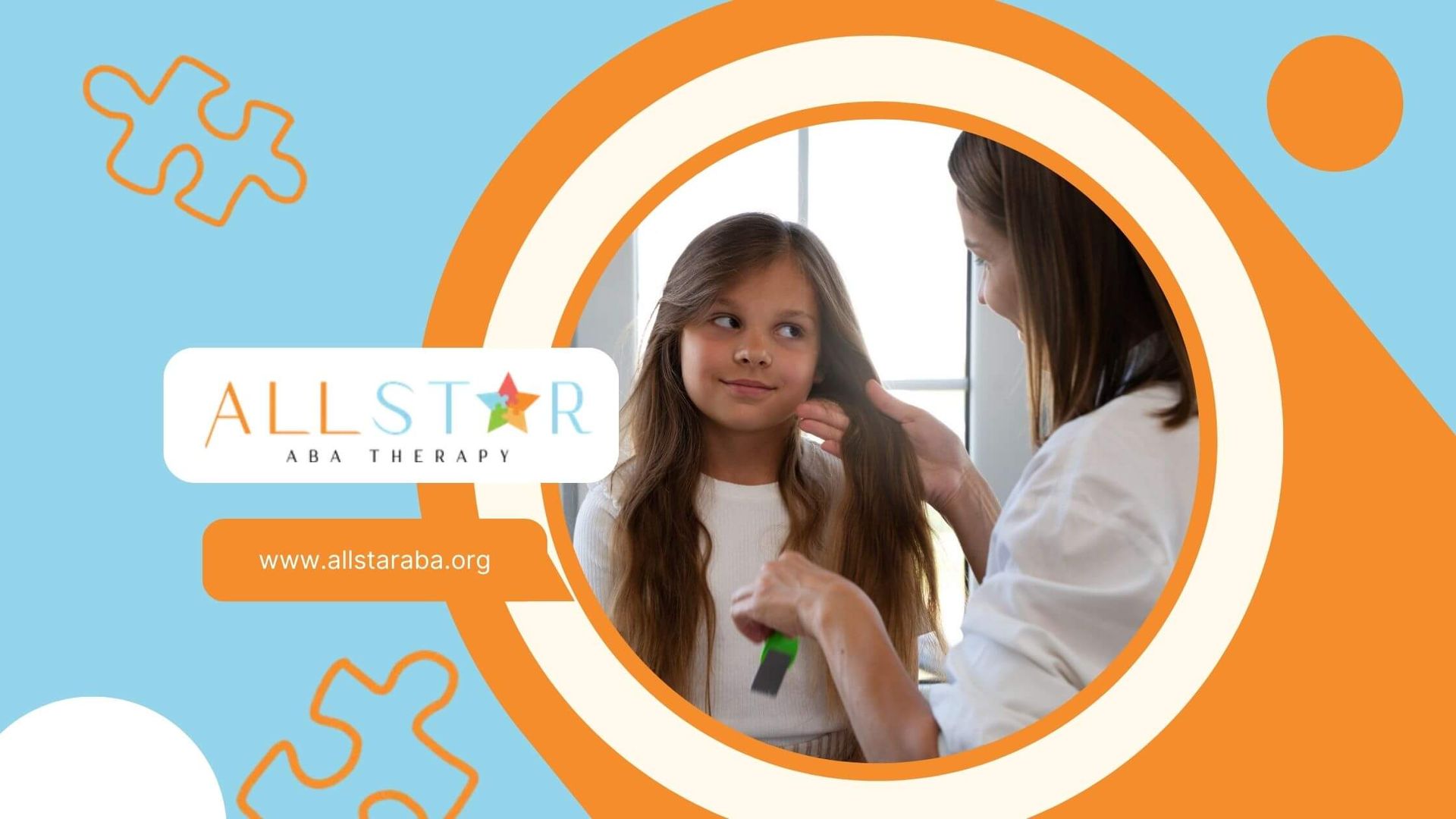New Paragraph
Spotting the Signs: Autism and ADHD Symptoms in Adults
Author:
Autism vs. ADHD in Adults
For many adults, telling apart Autism Spectrum Disorder (ASD) and Attention-Deficit/Hyperactivity Disorder (ADHD) can feel like navigating a maze. These conditions share similar symptoms, making it tricky to pinpoint which is which.
However, understanding the differences between ASD and ADHD is crucial for effective management and treatment. This guide will walk you through the distinct symptoms of each, providing valuable insights to help individuals, families, and professionals better navigate these neurological landscapes.
What is Autism Spectrum Disorder (ASD)?
Autism Spectrum Disorderpresents a range of symptoms that affect communication, social interaction, and behavior, which can be subtle or more pronounced in adults. Understanding these can help in better managing and supporting adults with ASD.
Understanding ASD in Adults
ASD is a developmental disorder characterized by challenges in social interaction, communication, and restricted or repetitive behaviors. While ASD is often diagnosed in childhood, some adults may receive a diagnosis later in life.
Symptoms in adults can manifest as difficulties in social situations, communication nuances, and adherence to routines.
What is Attention-Deficit/Hyperactivity Disorder (ADHD)?
Attention-Deficit/Hyperactivity Disorder manifests differently from ASD, primarily affecting attention, impulsivity, and in some cases, hyperactivity. Recognizing these signs can lead to better strategies for adults dealing with ADHD.
Understanding ADHD in Adults
ADHD is a neurodevelopmental disorder marked by persistent patterns of inattention and/or hyperactivity-impulsivity that interfere with functioning or development. Adults with ADHD may exhibit symptoms such as chronic disorganization, poor time management skills, impulsivity in decision-making, and challenges maintaining focus.
Comparing Autism and ADHD Symptoms in Adults
Differentiating between ASD and ADHD in adults can be challenging due to some symptom overlap, particularly in social interactions and behavioral responses. Here, we break down these symptoms by categories for a clearer understanding.
Social Interaction and Communication
Autism
- Difficulty with social cues: Adults with autism often struggle to interpret body language, facial expressions, and tone of voice.
- Preference for solitude: Many prefer to be alone due to the social exhaustion of trying to fit into societal norms.
ADHD
- Interrupting conversations: Adults with ADHD may interrupt others frequently or speak out of turn due to impulsivity.
- Difficulty maintaining relationships: Social challenges often stem from being perceived as inattentive or forgetful.
Behavioral Patterns
Autism
- Repetitive behaviors: Engaging in repetitive motions or routines that provide comfort or control over their environment.
- Resistance to change: Significant stress when routine disruptions occur.
ADHD
- Restlessness and hyperactivity: Adults may feel constantly in motion and find it hard to relax.
- Impulsive behaviors: This may include impulsive spending, sudden decisions, or socially inappropriate actions.
Focus and Attention
Autism
- Hyper-focus on interests: Adults with autism might focus intensely on subjects that interest them to the exclusion of other activities.
- Challenges with multitasking: Difficulty shifting focus from one activity to another.
ADHD
- Inconsistent attention: Difficulty sustaining attention on tasks or conversations, though they may hyper-focus in short bursts.
- Procrastination and starting challenges: Often struggle to start and complete tasks.
Diagnosis and Treatment
Diagnosis and treatment of ASD and ADHD require a careful and comprehensive approach, as both conditions can profoundly affect an adult's life. Understanding the processes involved can help in seeking the right help and interventions.
Autism
- Diagnosis: Involves a comprehensive evaluation by healthcare professionals, including behavioral assessments and possibly genetic testing.
- Treatment: Focuses on behavioral strategies, communication therapy, and social skills training.
ADHD
- Diagnosis: Generally assessed through psychological questionnaires and an evaluation of symptom history.
- Treatment: Often includes medication, behavioral counseling, and skills training.
Conclusion
Distinguishing between autism and ADHD in adults is crucial for effective treatment and better quality of life. While the symptoms can sometimes overlap, understanding their unique presentations helps in seeking the right support and interventions.
For those in Maryland seeking expertise and compassionate care, All Star ABA offers specialized services tailored to meet the unique needs of adults with autism and ADHD.
Our team of dedicated professionals is trained to provide personalized treatment plans that encompass a range of therapies and support systems designed to enhance life skills, promote independence, and improve overall well-being. Whether you're seeking diagnosis, treatment, or ongoing support, All Star ABA is committed to assisting each individual in achieving their personal best.
Frequently Asked Questions
How do I know if I have autism or ADHD?
If you suspect you have autism or ADHD, it's important to seek a formal evaluation from a qualified healthcare provider who can conduct thorough assessments and provide a diagnosis.
Can an adult be diagnosed with both autism and ADHD?
Yes, it is possible for an adult to be diagnosed with both conditions, as they can co-occur. A tailored treatment plan that addresses both sets of symptoms is crucial.
What are the first steps after receiving a diagnosis of autism or ADHD in adulthood?
After a diagnosis, it's important to connect with support networks and professionals who can offer therapy and guidance tailored to managing and understanding your specific needs.
Need Support?
We're Here to Help!
Our experienced team is ready to assist you. Reach out today to discuss how we can support your child's development and well-being.
Get started with expert ABA therapy today.








